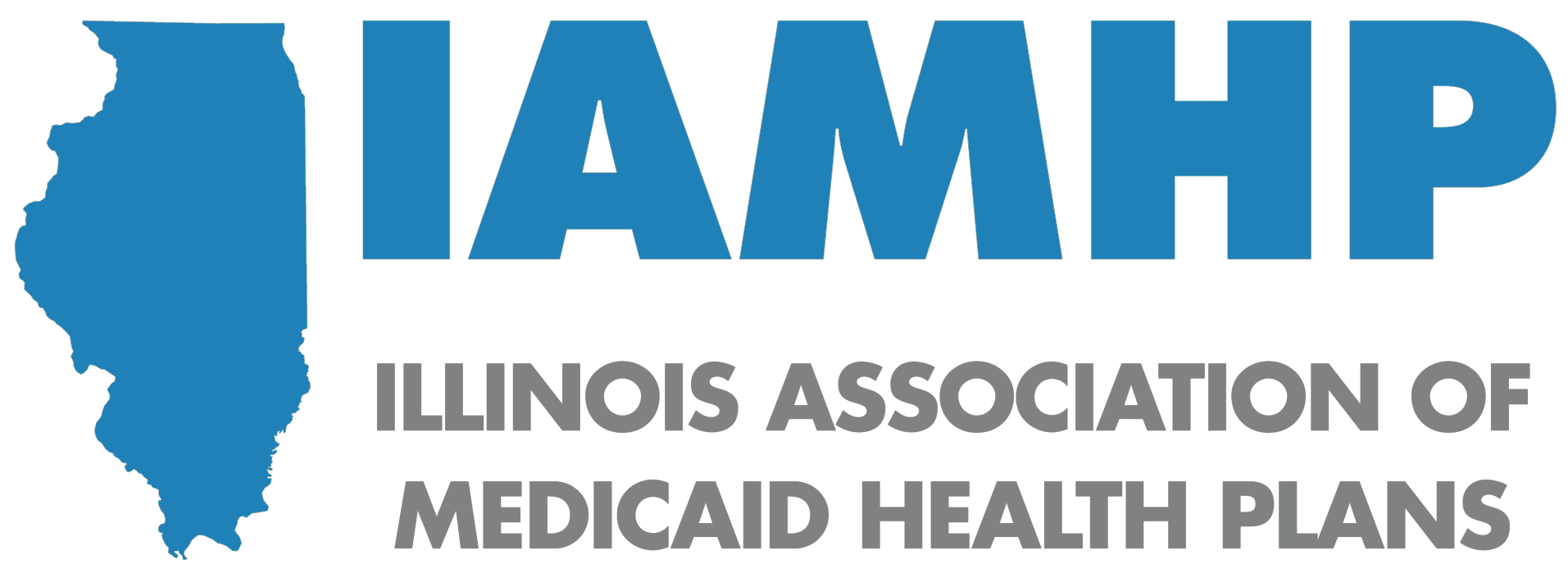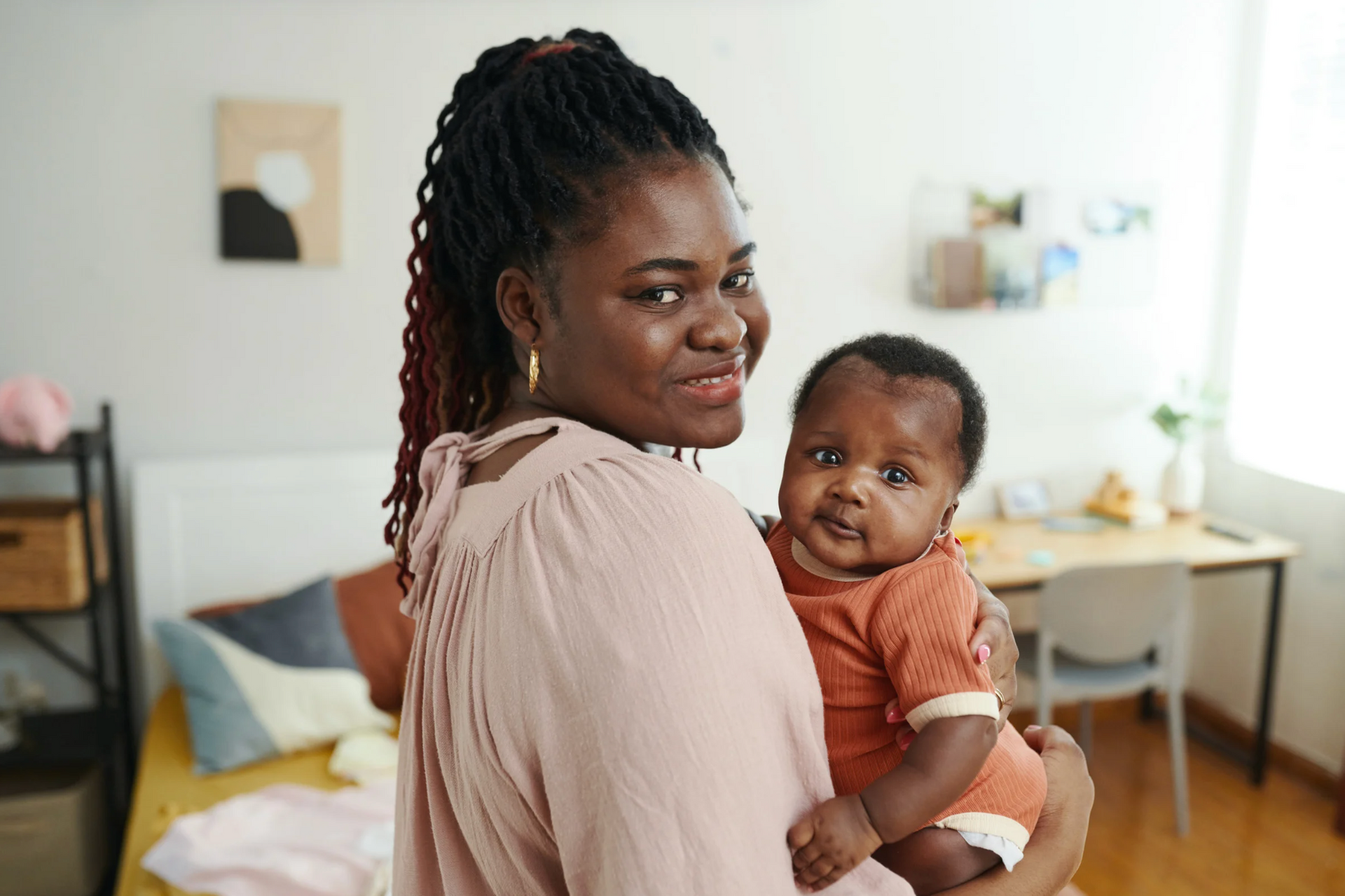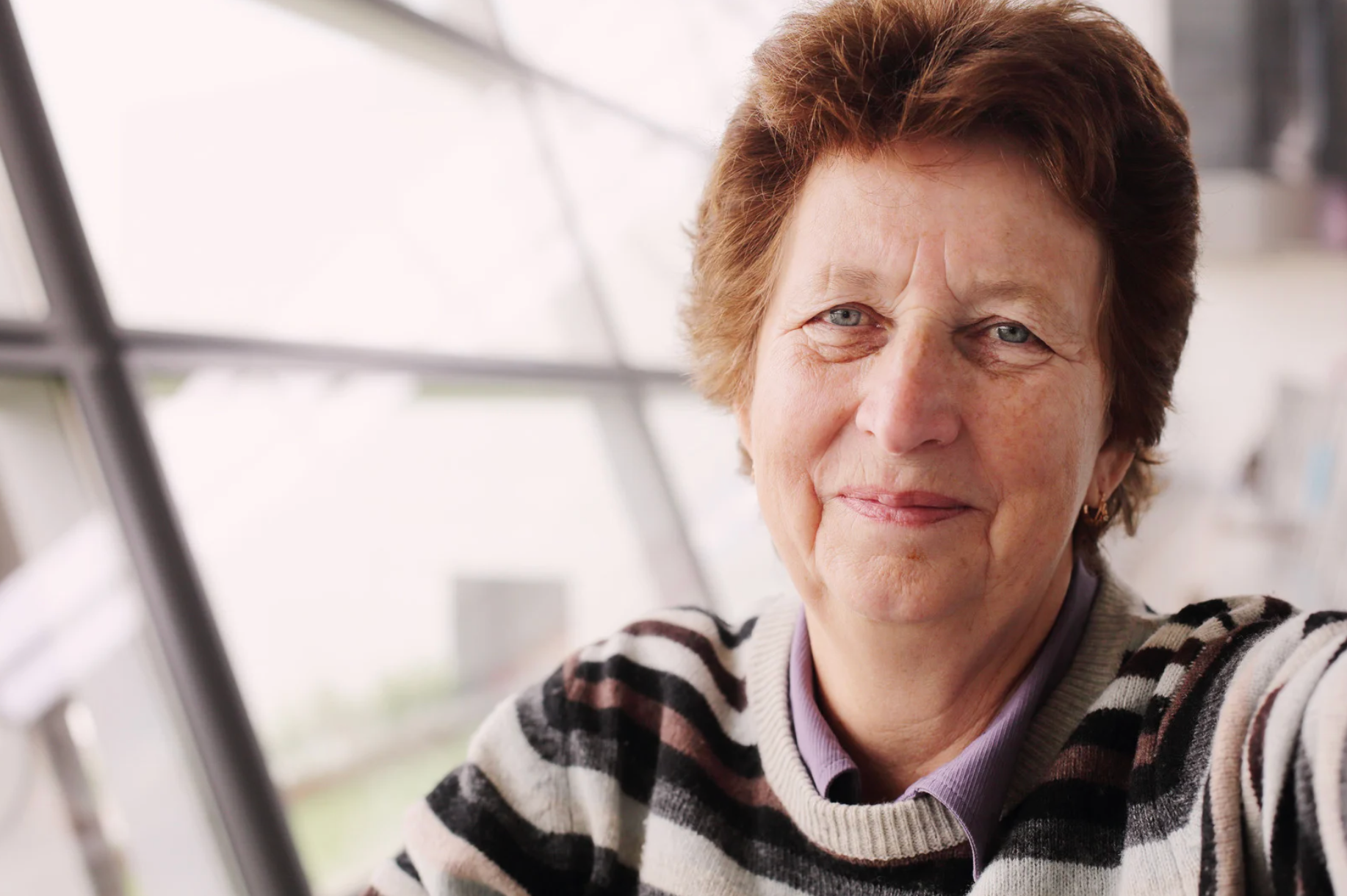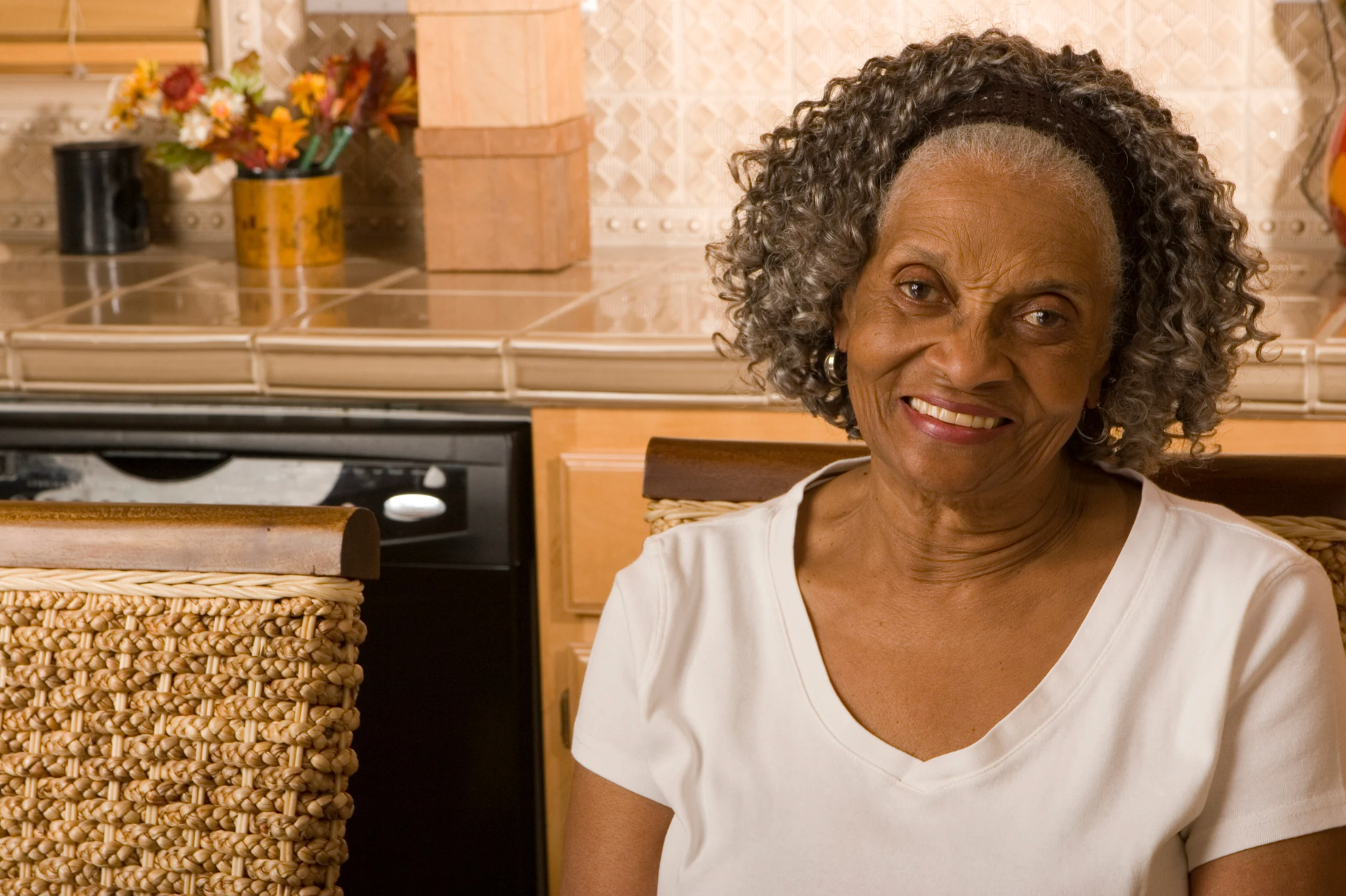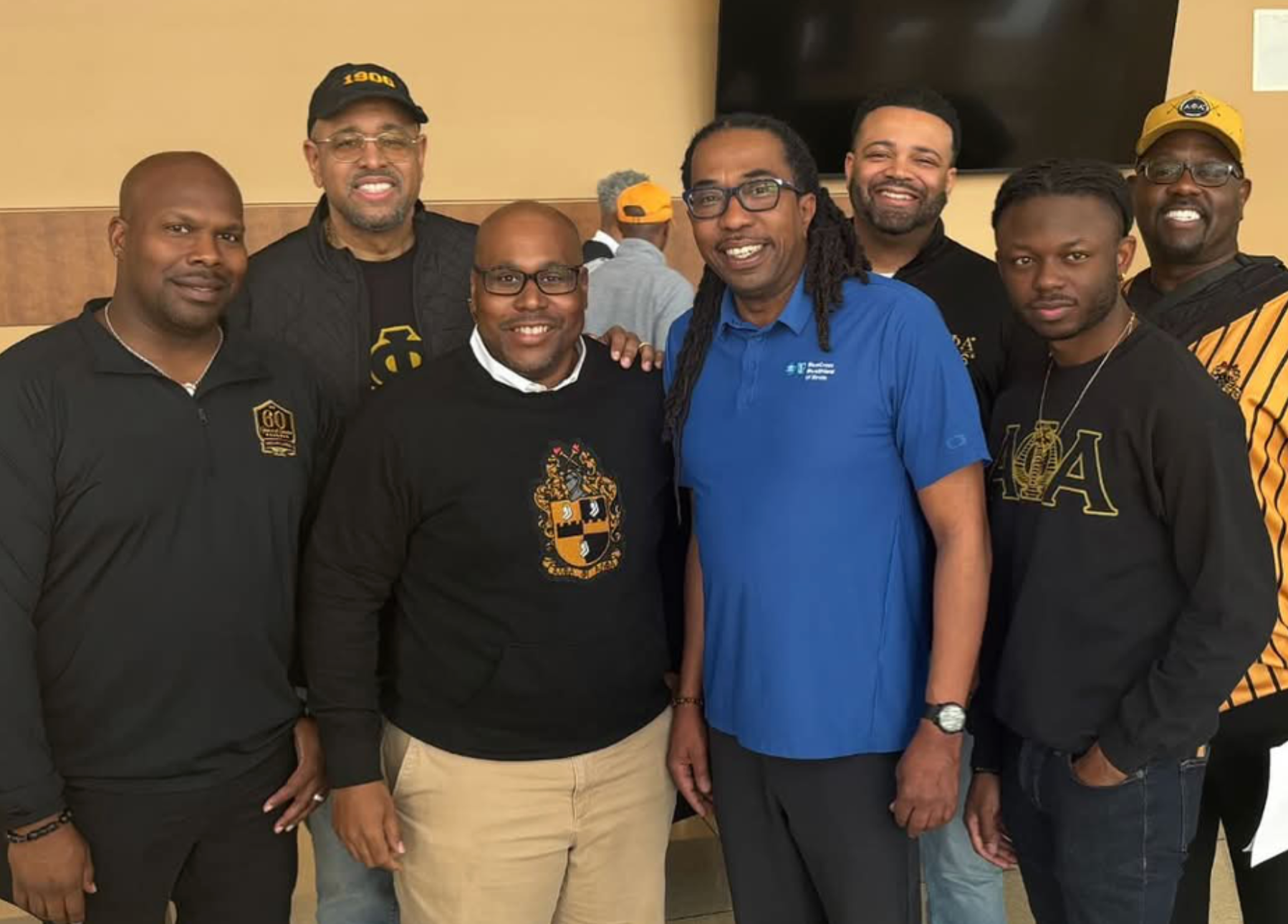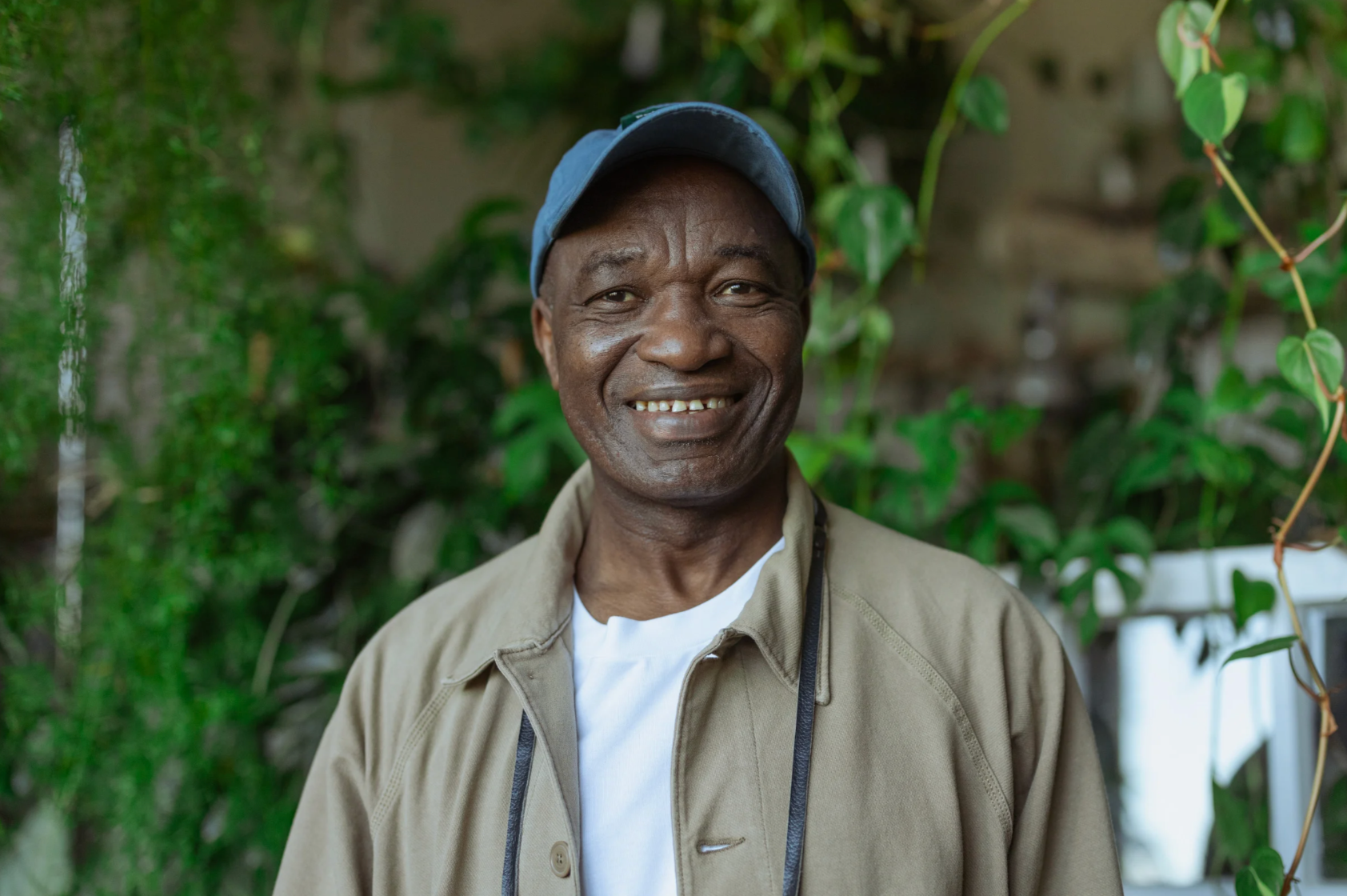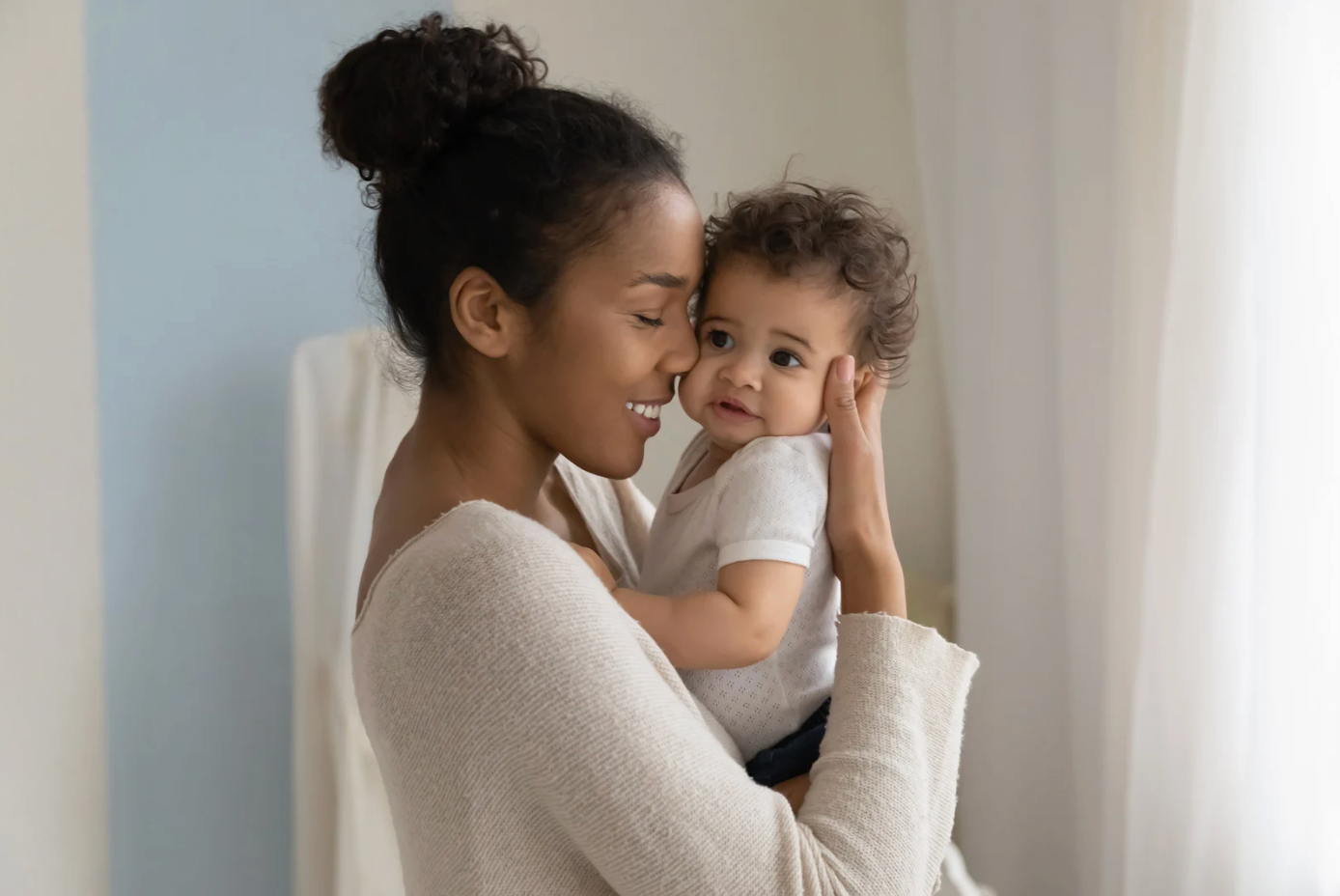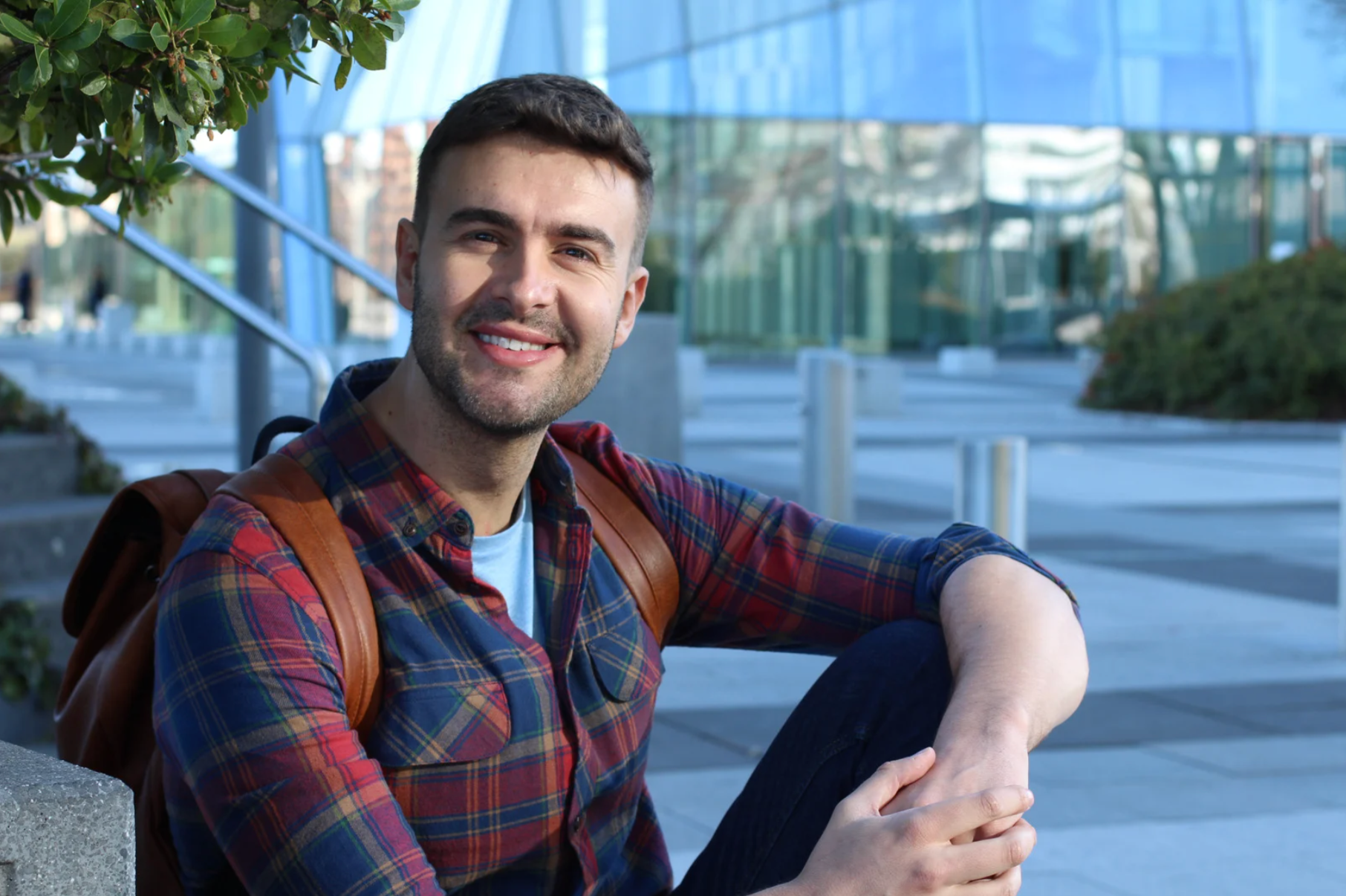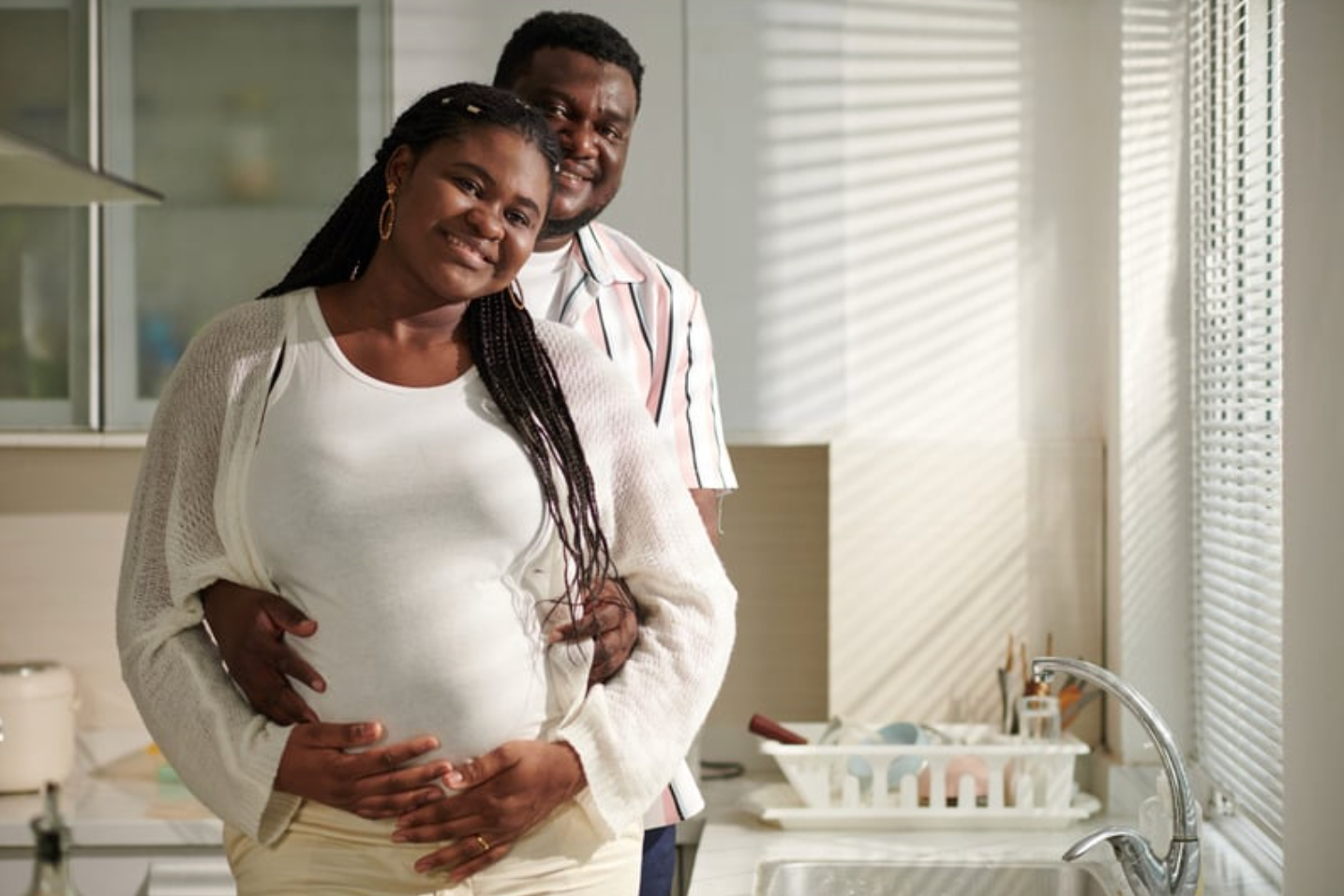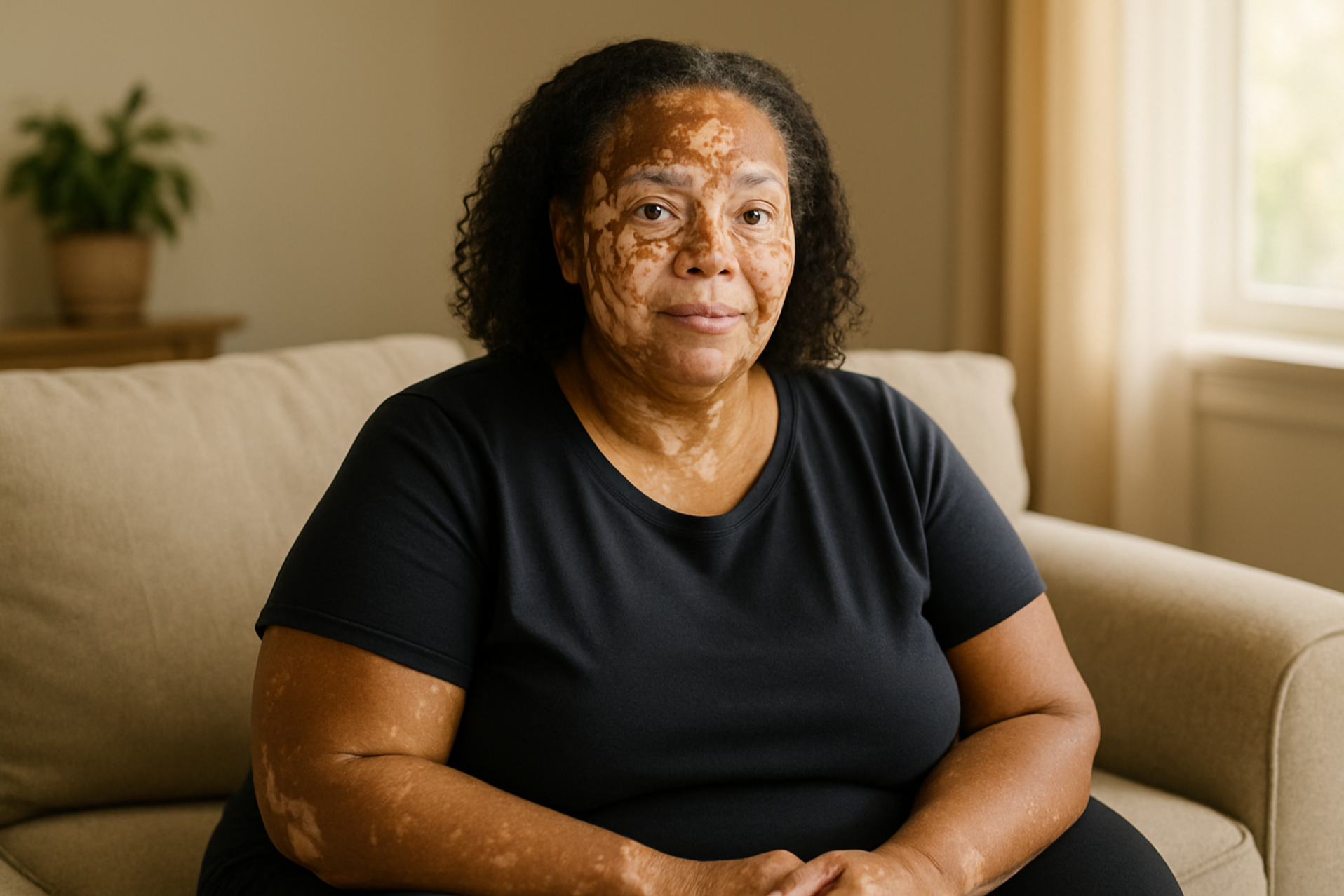Humana Member Story
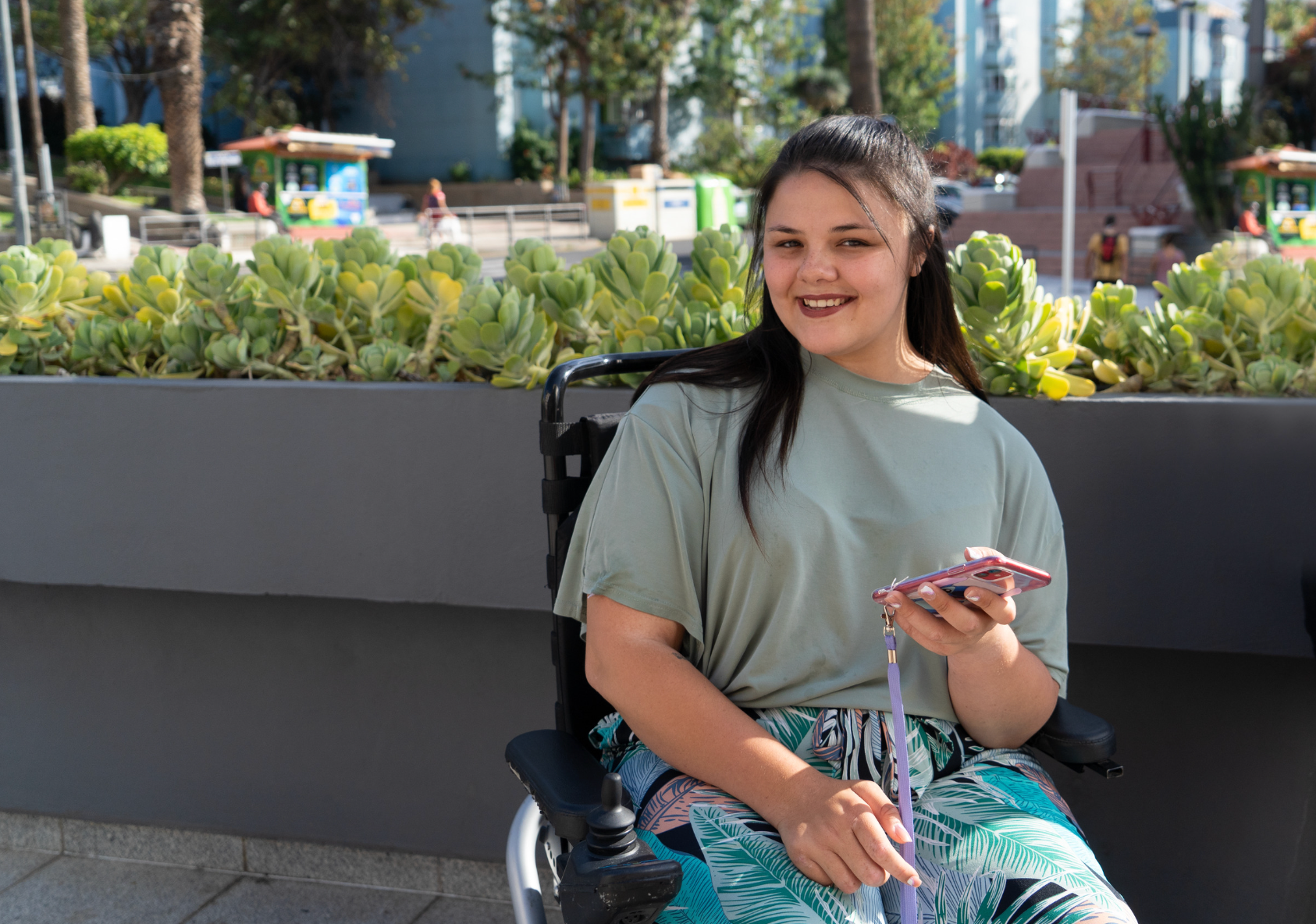
Building A Safer Future With The Right Support System
J.M. is a resident of Rockford, IL, previously living with her aunt (who served as her Personal Assistant [PA]) and cousin in a ranch-style home. Due to her functional limitations and history of dizziness, she was approved for 87 hours per month of PA services for required assistance with bathing, grooming, household chores, laundry, meal preparation, shopping, medication management, and transportation. She is compliant with her medication regimen and sees her Primary Care Provider (PCP) every three months for physical and behavioral health management. J.M. maintains a high-protein, low-gluten, low-calorie diet and owns a small dog.
In January, J.M. reported increased symptoms of anxiety and depression and described her mood as “flat,” expressing intent to initiate behavioral therapy. By April, J.M. experienced significant discomfort living with her relatives and reported that her PA (aunt) was committing verbal, emotional, and financial abuse. Due to the stress of her home life and transportation issues, J.M. faced barriers to attending her medical appointments.
Once aware of the situation, J.M.’s care coordinator escalated her risk level to high. Following a crisis incident on April 29 where J.M. was the victim of verbal abuse and property damage, the care coordinator contacted Adult Protective Services (APS). Law enforcement was involved, and J.M. shared she felt unsafe.
J.M. terminated the PA relationship in May and transitioned to agency-provided homemaker services as APS began assisting with her housing search. In June, J.M. secured an extended order of protection against her former PA, valid through August.
On August 18, 2025, J.M. moved into a new apartment where she resides independently, receiving homemaker support via an agency. Her well-being has improved significantly since relocation and she is actively engaged in her care management, maintaining regular contact with her PCP and adhering to dietary guidelines. By having her care coordinator connect her to the support she needed, J.M. now reports feeling safe, comfortable and optimistic about her future.
